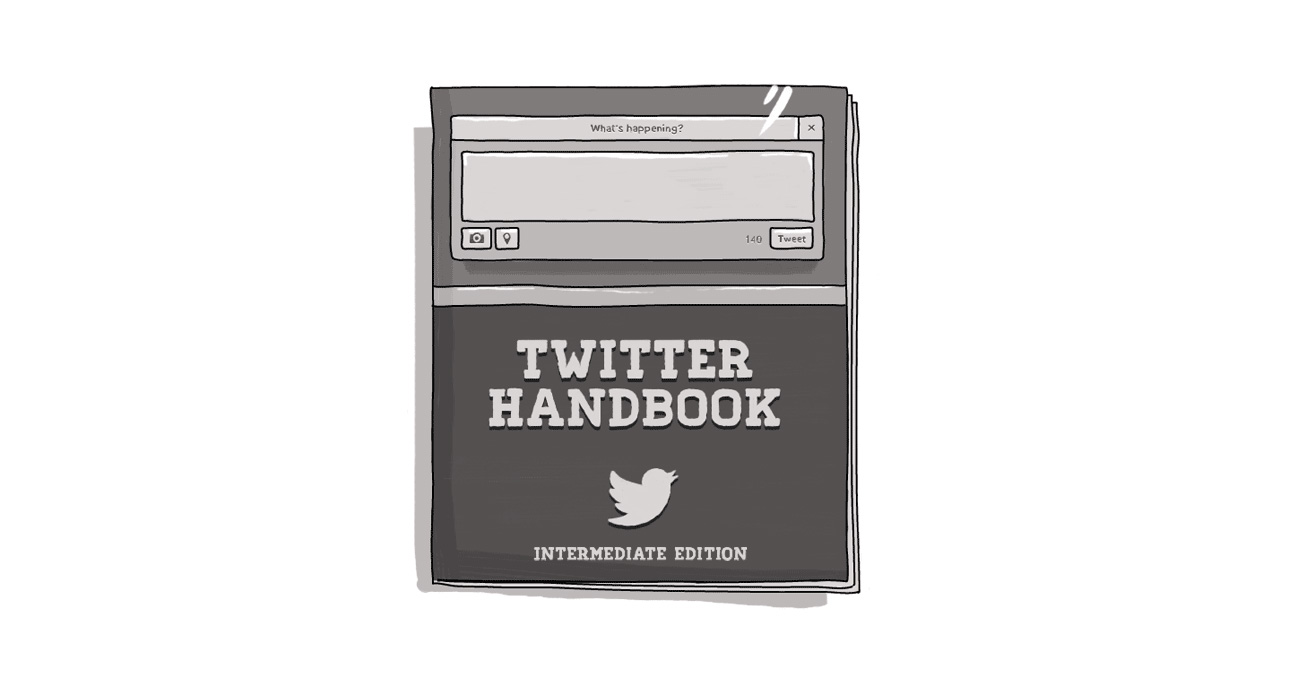Missing the Forest for the Tweets

It's one of the great self-imposed challenges of our times -- we're so focused on being first that we forget about the importance of being best. Our desire to catalogue, in real-time, can serve to prevent us from fully understanding and embracing the whole.
In other words, we may have difficulty seeing the forest for the Tweets.
It's rare that Augusta National and forward-thinking are mentioned in the same sentence, but its no-phone policy, while hearkening back to an earlier time, is actually progressive in terms of participant engagement.
This article describes it as a "rare escape from technology," but that's misleading, in my opinion.
Instead, it's an escape from immediacy, but a glorious opportunity to understand, appreciate, and contextualize.
So what does this mean for your business? Simple -- stepping back, putting down the phone, and actively watching and listening may, in fact, enable you to produce something of superior quality for your customers.
The tired old adage states that "content is king," but that throne is empty and ineffectual when filled with superficial content. And, in large part, that's what live-tweeting tends to be -- a superficial recitation of someone else's words.
Where the value lies is in the interpretation and contextualization of content. Where you take the whole and present it to your customers, benefitting from your expertise and analysis. Your customers don't expect you to be a stenographer -- they value your content because they trust your knowledge, value your experience, and appreciate your ability to make content relatable to them.
Again, it's the "What's in it for me?" messaging.
What is engagement? Is it retweets, likes, and acknowledgement? Or does engagement actually mean developing long-lasting, resonant content that matters long after the click of a "favourite?"
Consider what the value is to your consumers. Are they really interested in you live-tweeting along with a press conference? Do they care about what catch-phrases or statements you parrot from a convention you're attending? Or would they rather you take it all in, analyze it, then produce something of value to them -- a blog post that contextualizes your information or learning, for example?
That can be tough to do if you're focus is not on the sum of the parts. Imagine live-Tweeting a play -- sure, you'd be able to share the highlights, but what are you missing when your eyes are cast down to your phone? What nuance, background action, or non-verbal cues escape your notice when you're busy sharing a catchy statement (one that's likely being shared by multiple people)?
I liken it to media. There's a reason why there's a separation between reporters and columnists -- the former is there to report the facts as they're presented and present all sides of an issue; the latter is there to provide the context. The columnist doesn't focus on a recitation of the facts, but rather takes those facts and tries to see where they fit in the big picture. The columnist tries to give the reader the benefit of his or her experience, research, and knowledge to strip away the immediacy and instead focus on the relevancy.
In our social-media-heavy, blog-focused world, it's a delineation that's becoming muddled. Too many reporters are playing amateur columnist, infusing their pieces with opinion -- and, often, opening themselves up to bias. We have pundits, both professional and armchair, who don't report, but rather retort -- making themselves and their ideas the focus.
But there's a reason why roundtables, news analysis, and Daily Show/This Week Tonight-esque satire are so popular -- they provide the context that people crave.
Ideally you can do both. At your corporate presentation, you can have one staffer live posting your content (or 'translating' the content that's being presented) to your audience. Another could be on hand to take it all in and produce some after-the-fact commentary.
Unfortunately, as I mentioned before, we don't often have that luxury. So then it becomes a matter of weighing the options to see what provides your customers/readers/followers the most value? If you can do both, more power to you -- but are you doing a disservice to both by not focusing on one or the other?
What sets you, your business, your product, and your content apart from the rest is your expertise. That's something of tremendous value in and of itself. Anybody can transcribe a speech or paraphrase a speaker -- but only you can imbue your content with the experience, history, and knowledge you possess.
That's what your customer wants. That's the forest they want to see.
Should I live blog?
How can I create content that my customers like?
SUBSCRIBE TO OUR E-NEWSLETTER
 Subscribe
Subscribe


